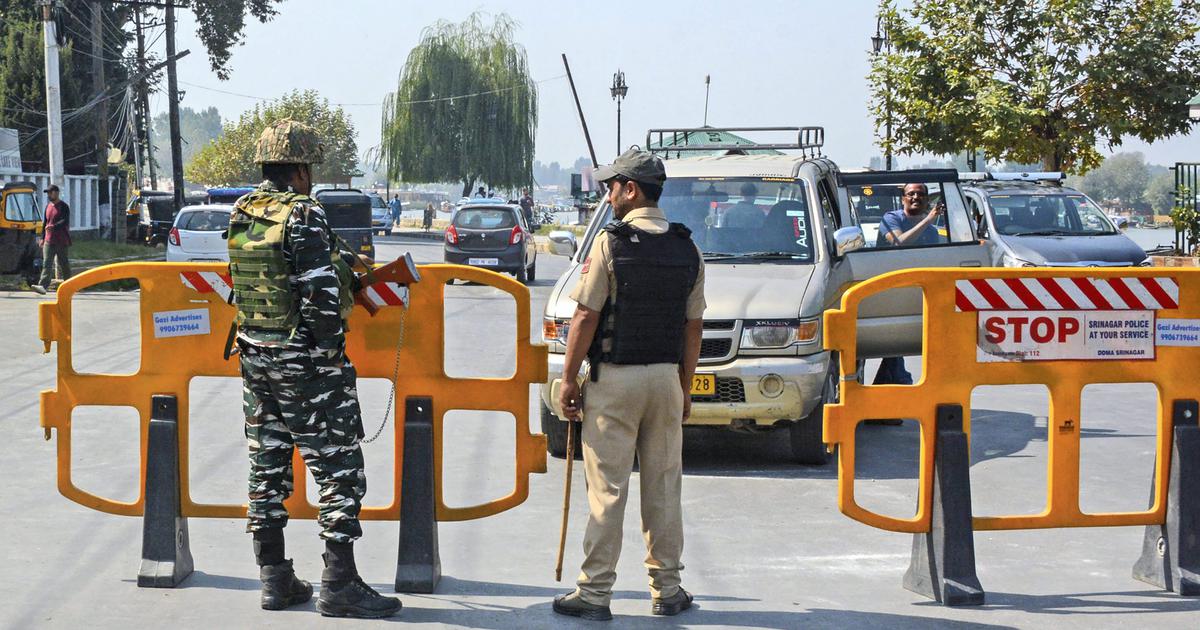Jammu and Kashmir: 16 Army personnel booked after clash with police in Kupwara
Members of the Territorial Army allegedly barged into a police station on Tuesday and assaulted police personnel using rifle butts and sticks.

The Jammu and Kashmir Police have filed a case against 16 Army personnel, including three lieutenant colonels, for allegedly assaulting police officers in the Kupwara district on Tuesday.
The assault allegedly took place around 9.40 pm on May 28 at the Kupwara police station hours after the police raided the home of a member of the Territorial Army. Five police personnel, including the station house officer, were reportedly injured in the altercation, NDTV reported, quoting unidentified officials. The Army, however, denied that such an altercation took place.
According to the first information report, a group of armed and uniformed personnel from the Territorial Army forcibly entered the premises of the police station and assaulted the police personnel using rifle butts and sticks.
The Territorial Army is a reserve force comprising part-time volunteers who provide support services to the Indian Army.
According to the police complaint, among those who assaulted police officers were Lieutenant Colonels Ankit Sood, Rajiv Chauhan and Nikhil.
When senior police officers arrived at the site after being informed of the alleged assault, the Territorial Army personnel brandished their weapons, seized mobile phones from those injured and abducted a constable before fleeing the site, the first information report alleged.
The injured police personnel were taken to a hospital, NDTV reported.
The police have invoked sections of the Indian Penal Code related to attempt to murder, robbery, abduction, rioting, obstructing public servants and wrongful confinement.
The Kupwara deputy superintendent of police has launched an investigation into the incident, PTI reported.
The Army, however, has denied the claims and called it a case of “minor differences”, NDTV reported.
“The reports of altercation between police and army personnel and beating of police personnel are misfounded and incorrect,” an Army spokesperson said. “Minor differences between the police personnel and a Territorial Army unit on an operational matter have been amicably resolved.”









